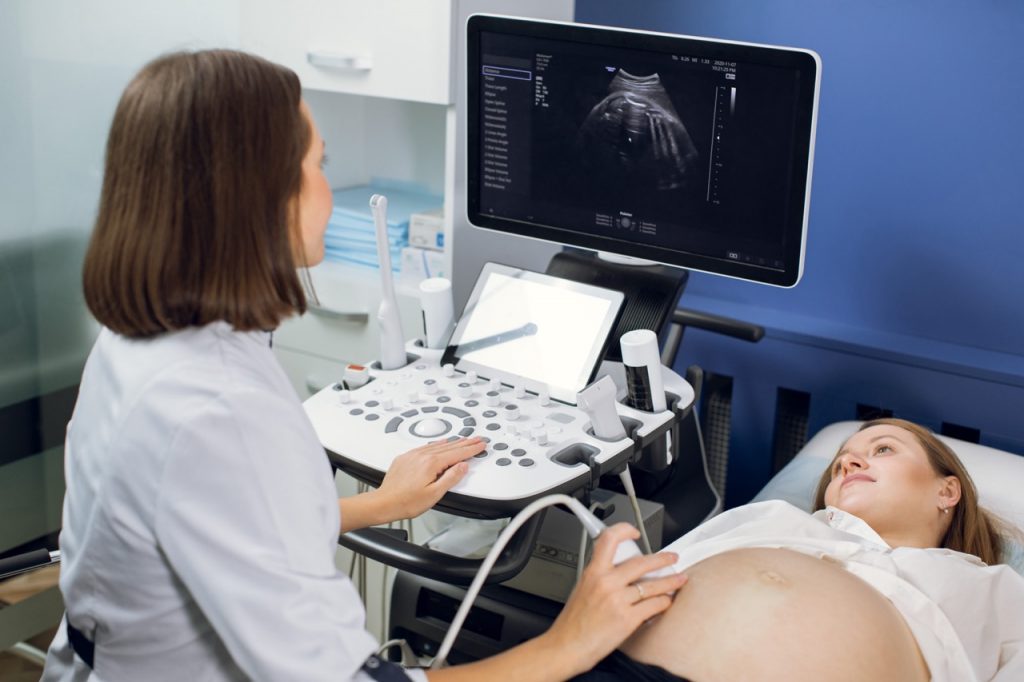Advances in Prenatal Screening

Pregnancy is a journey filled with anticipation and concern for the health and well-being of the unborn child. Thanks to advancements in prenatal screening, expectant parents now have access to more accurate and early detection methods for genetic conditions. Enhanced non-invasive prenatal testing (NIPT) is revolutionizing prenatal care by providing critical information early in pregnancy. Let’s explore how these advancements are making a difference.
What is Non-Invasive Prenatal Testing (NIPT)?
Non-Invasive Prenatal Testing (NIPT) involves analyzing small fragments of fetal DNA that circulate in a pregnant woman’s blood. Unlike traditional invasive procedures such as amniocentesis or chorionic villus sampling (CVS), NIPT poses no risk to the fetus and can be conducted as early as the 10th week of pregnancy.
Benefits of NIPT
- Early and Accurate Detection
- NIPT is highly accurate in detecting common chromosomal abnormalities such as Down syndrome (trisomy 21), Edwards syndrome (trisomy 18), and Patau syndrome (trisomy 13). Early detection allows for timely medical interventions and informed decision-making.
- Safety
- As a non-invasive procedure, NIPT eliminates the risk of miscarriage associated with invasive tests, ensuring the safety of both the mother and the baby.
- Peace of Mind
- Receiving reliable information early in pregnancy provides expectant parents with peace of mind, allowing them to focus on preparing for the arrival of their baby without undue stress.
Recent Advances in Prenatal Screening
Expanded Genetic Screening Panels Recent developments have expanded the scope of NIPT to include a broader range of genetic conditions. These expanded panels can detect single-gene disorders such as cystic fibrosis and spinal muscular atrophy, offering a more comprehensive view of the baby’s health.
Integration with Personalized Medicine Advancements in genomics and personalized medicine are now being integrated into prenatal care. By combining maternal and fetal genetic information, healthcare providers can offer more personalized recommendations and interventions, tailored to the specific risks and needs of each pregnancy.
Use of Artificial Intelligence (AI) Artificial intelligence is enhancing the accuracy of prenatal screening tests. AI algorithms can analyze vast amounts of genetic data to identify patterns and risks that might be missed by traditional methods, improving the early detection of potential complications.
Accessibility and Affordability As technology advances, NIPT and other enhanced prenatal screening methods are becoming more accessible and affordable, making these critical tests available to a wider population of expectant parents.
The advancements in prenatal screening represent a significant leap forward in prenatal care. Non-Invasive Prenatal Testing (NIPT) offers a safe, accurate, and early way to detect genetic conditions, providing expectant parents with the information they need to ensure the best possible outcomes for their babies. For personalized advice and to learn more about the latest in prenatal screening, schedule a consultation with our experts at the Women’s Health and Menopause Center.



